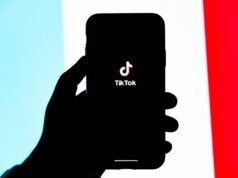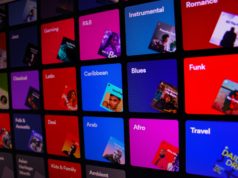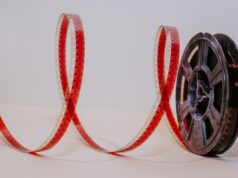 A New York district court ruled Monday that digital music lockers don’t need permission from the record labels, a legal position both Amazon and Google have based their cloud storage services on. The decision has been a long time coming for digital music pioneer Michael Robertson and his company MP3Tunes, since EMI’s Capitol Records filed the suit in 2007.
A New York district court ruled Monday that digital music lockers don’t need permission from the record labels, a legal position both Amazon and Google have based their cloud storage services on. The decision has been a long time coming for digital music pioneer Michael Robertson and his company MP3Tunes, since EMI’s Capitol Records filed the suit in 2007.
The ruling wasn’t a total victory for Robertson, but it does establish some important precedents. Most importantly, Judge William H. Pauley III ruled against EMI when he determined that MP3Tunes was protected by the safe harbor provision of the Digital Millennium Copyright Act, meaning that the company was not responsible for illegal activity by its users of which it was unaware.
“Overall it was an enormous victory for MP3tunes and digital music compatriots,” Robertson said. “Those in the industry that are building or contemplating personal music service like Amazon, Google, Grooveshark and Dropbox will surely have renewed confidence in offering similar unlicensed services.”
One of the key elements in the case was a feature called Sideload.com, which let MP3Tunes users put any MP3s they found anywhere on the Internet into their locker, on the condition they provided the source URL.
EMI contended that it was obvious MP3Tunes condoned copyright infringement. The U.S. District Court for the Southern District of New York disagreed, noting that many legitimate services give away songs for promotional and other purposes: “Because of these activities, EMI’s executives concede that internet users, including MP3tunes’ users and executives, have no way of knowing for sure whether free songs on the internet are unauthorized.”
Additionally, the ruling determined that playing back songs stored in a digital locker was not a public performance requiring a license, as EMI contended it was..
The court’s ruling agreed with EMI regarding one aspect of Sideload.com, however. It agreed that MP3Tunes should have removed songs from lockers once it received a takedown notice, and held the company liable for not doing so. It further ruled that Robertson is personally liable for songs that he sideloaded into the service, a decision that could cost Robertson many millions of dollars.
“The Court’s decision confirms that businesses cannot simply pay lip service to the law while undermining the rights of the musicians, artists and writers that create popular music,” EMI said in a statement. “The decision also proves that company executives that personally contribute to and commit copyright infringement will be held accountable for their actions.”
EMI failed to convince the court that MP3Tunes profited from infringement, however. The label’s position was that the service gained more users and therefore more money because it enabled piracy. The court ruled that the “the financial benefit must be attributable to the infringing activity” itself. “While Sideload.com may be used to draw users to MP3tunes.com and drive sales of pay lockers, it has non-infringing users. Moreover, MP3tunes did not promote infringement. Rather, it removed infringing links… and terminated the accounts of users who blatantly shared copyright files with others.”
EMI may be considering an appeal. “We’re disappointed that the court found that MP3tunes was entitled to a safe harbor for some of its conduct under the DMCA. EMI believes that companies like MP3tunes, which knowingly build a business based on stolen music, should not be entitled to any DMCA safe harbor defense, and we’re evaluating our options to seek review of those portions of the decision,” the company said in a statement.
Robertson may also be considering an appeal. “EMI initially alleged that MP3tunes infringed 33,000 of their works and this ruling cuts that list down 99% to about 350 works and and even then only in two narrow aspects. Even in those areas we would suggest that the facts are inconsistent with the court’s ruling and are exploring appeal options,” he said. “It wasn’t a complete victory and it not a final ruling because there are outstanding issues and both sides can appeal, but we’re prepared to continue battling for the last 1 percent.”
Related Links:
Capitol v MP3tunes Court Order (PDF) – http://tinyurl.com/3rn2whl
CNET – http://tinyurl.com/3oblerp
Ars Technica – http://tinyurl.com/3dpk4q2
Photo by flickr user Dizfunkshinal, used under Creative Commons license
[scribd id=62847002 key=key-1nvubbtj3zvkk26g9u98 mode=list]







